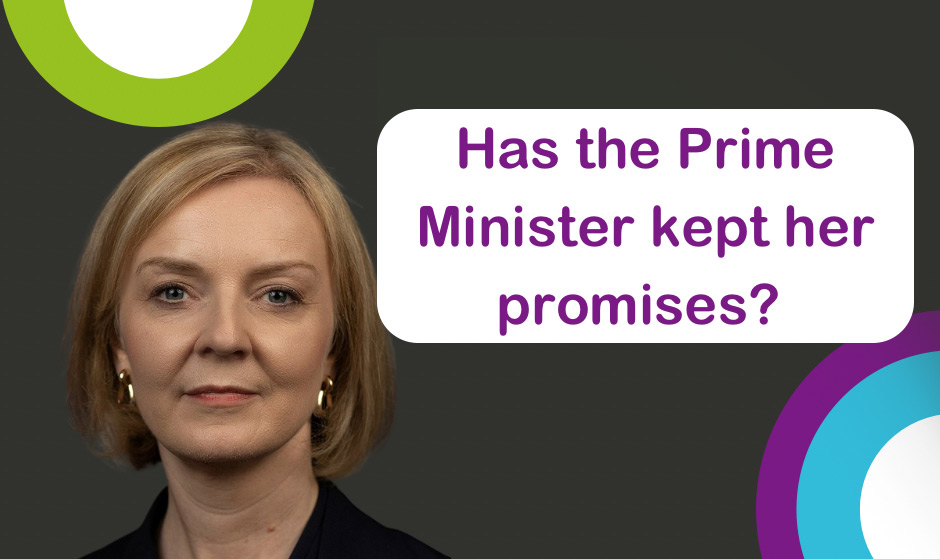The Mini Budget
A month ago we discussed the campaigns and proposals of Liz Truss and Rishi Sunak as they went head to head to vie for the position of Prime Minister. You can read the blog here.
Now, as we know, on 5 September, Liz Truss was announced victorious, being confirmed the UK’s new Prime Minister. Her victory was built very much on her proposals to tackle areas such as tax, national insurance, inflation and how to handle the potential impending recession.
As a reminder, here’s an overview of some of her main pledges:
- Reverse the recent rise in National Insurance rates.
- Scrap the planned rise in Corporation Tax – due to increase from 19% to 25% in 2023.
- Reduce Income Tax.
- Support in tackling rising energy bills.
Liz Truss also promised a prompt emergency budget would be delivered if she were to be successful. And she has certainly kept her word on that point, as Chancellor Kwasi Kwarteng took centre stage on Friday 23rd September to deliver what has been termed ‘The Mini Budget’. But did she keep her other promises? Read on to find out…
Mini only by name
Whilst the name suggested a minor affair, this was far from it. Amongst other announcements, the Chancellor confirmed:
- The National Insurance rates are indeed to be reversed.
- The basic rate of income tax will be cut to 19% from April 2023.
- The additional rate of tax will be abolished and instead we will have a single higher rate of tax at 40%. However, they have since reversed this decision.
- The proposed Corporation Tax increase is to be cancelled.
- Stamp Duty Land Tax is to have the nil band rate doubled to £250k. In addition, first time buyers will now pay no stamp duty up to £450,000.
- There will be an implementation of an Energy Price Guarantee. This will benefit both individuals and businesses.
- There will be support for pubs and hospitality by freezing alcohol duty for another year.
Based on the announcements, it would be hard to argue that Liz Truss hasn’t delivered on her promises. And whilst on an individual level few would be against paying less tax, unfortunately neither the markets or the opposition have responded positively. In fact the Bank of England have stepped in immediately to try and bring some stability. It would certainly appear that their idea to reduce taxes in order to increase income and entice investment has backfired, at least in the short term.
At WCL we are neither financial advisers nor investment experts. And we certainly don’t know how to read crystal balls. What we can do however is guide you on how the various announcements can be applied to you and your business.
If you would like to know more, or have any questions, please get in touch. We’d love to hear from you.





